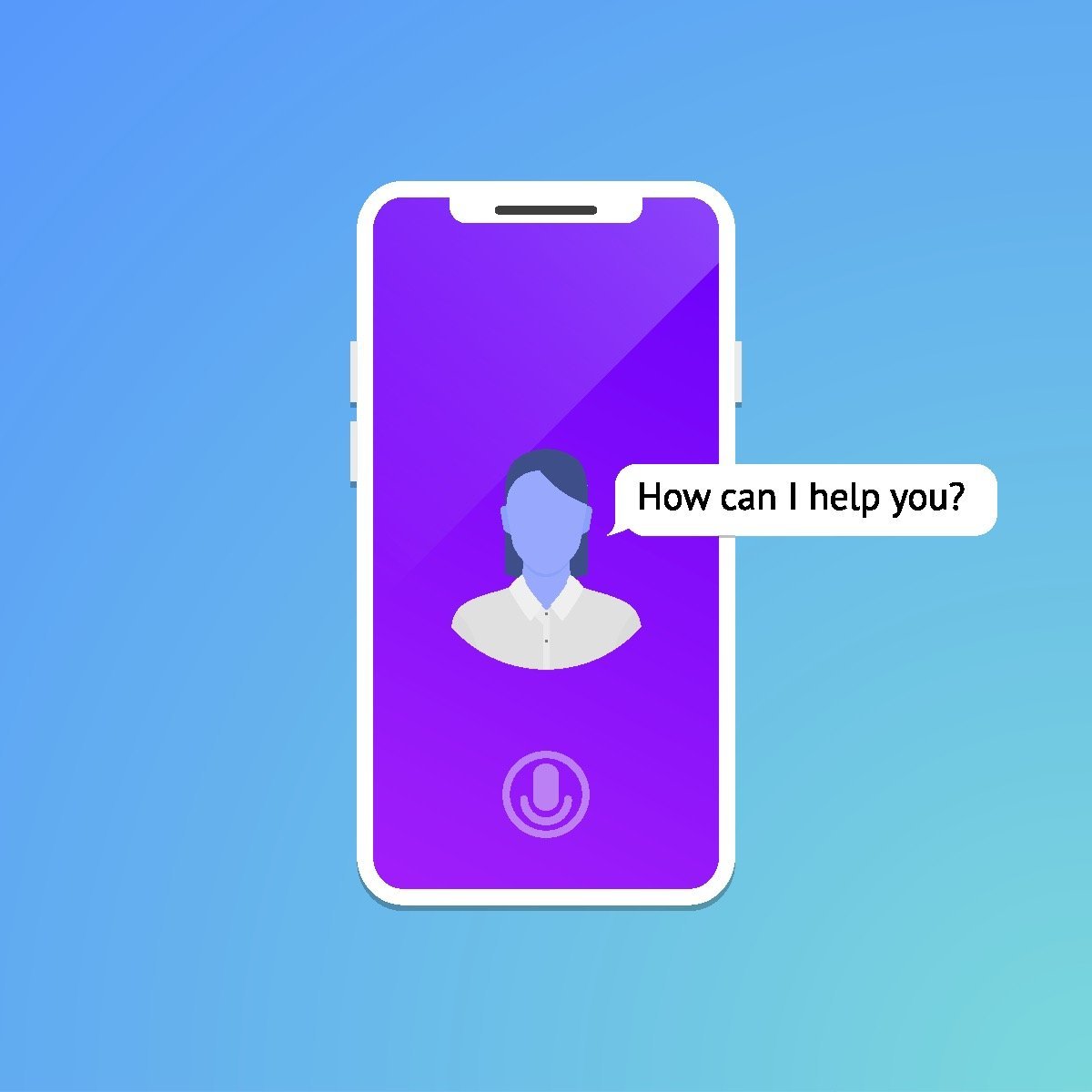Everyday Applications You Didn’t Realize Were Powered by NLP
By Aaron Bianchi
Feb 23, 2022
We live in an era of sophisticated algorithms, Big Data, and machine learning that gets better by the day. Businesses recognize the importance of data processing, artificial intelligence (AI), and natural language processing (NLP) for growth. Here are some ways you may already be using NLP in your daily life that could inspire ideas for your company.
What is Natural Language Processing?
NLP is essentially AI that deals with understanding human language. Advanced language sets us apart from other animals on the planet, and communication is integral to our societies. So, as tools, computers were always going to have to develop to a point where they could decipher natural language patterns full of nuance. With the help of programmers and data scientists, machines are constantly refining their ability to comprehend subtleties and create meaning.
NLP Works in Three Fundamental Steps
Break down a spoken sample or written language input into parts or categories.
Discern how these pieces of information are linked.
Produce meaning.
The software detects context, emotion, and sentiment through exposure to lots of data. This consumption of enormous datasets is known as deep learning. Helped by developments in so-called neural networks that imitate neurons in your brain, deep learning only came to the fore in the 2010s. But it's had a massive impact since then.
Using accumulated knowledge of word sequence and other factors, AI can interpret whether your use of bass refers to a fish or a guitar, for example.
NLP Applications You May Be Familiar With
Search Engines
Just Google it…When you Google something, the search engine offers you autocomplete suggestions. NLP facilitates these predictions by using search data to determine your intent and hasten the process. NLP also tries to overcome any spelling or other errors on your part and assembles relevant content in search engine result pages (SERPs) by matching your query to ideal web pages. In addition, semantic search can enhance digital marketing and SEO capabilities.
Virtual Assistants
“Siri, what is a virtual assistant?” If you’re like most people, you talk to your virtual assistants, like Siri or Alexa and even when you are on the line with automated call centers. Who wants to press numbers as options when you can state exactly what you want or are searching for? Do they sound monotonous or robotic, or are they unable to follow commands? In general, the answer is no, even though the tech has some way to go before consumer interactions become seamless. NLP divides your voice's frequencies and soundwaves into tiny bits of code ready for further analysis. Speech recognition and voice recognition are two substantial aspects of NLP that will be major features of the online landscape in years to come.
Email and Document Assistants
“Great, thanks!” “Thank you.” “Got it.” Look familiar? Think about your smartphone keyboard and predictive texts that help you type faster, for starters. Consider, too, Outlook or Gmail's Smart Reply functions.
You've likely worked with auto-complete functionality. Or you've used the grammar check browser extensions that abound on the internet, helping you craft professional messages or documents in the country-specific version of a language. Furthermore, your inbox can separate emails into various folders such as junk or promotional mail due to NLP.
Chatbots
“How may I help you today?” Chatbots, the text-based equivalent of voice assistants, have become popular and can fulfill basic requests such as booking flights or helping most customers answer simple questions. You might have come across one on an eCommerce store, during product demos, or on educational apps.
Customers often prefer texting or chatting with real people when the stakes are higher or when their needs are more complex. But as NLP improves, chatbots will become more fit for purpose.
Translation and Transcription Tools
“How do you say that in Spanish?” They perform the seemingly simple task of converting an input language into an output language or materializing spoken words on the screen. But there's word order to manage, not to mention linguistic idiosyncrasies.
These days, you can point your phone camera at an object with a foreign language on it, and standard augmented reality apps on your phone superimpose a translation for you. The ingredients in products from overseas are no longer a mystery, and any included instructions should be understandable.
Life-Changing Use Cases
Future Possibilities! There are numerous current examples of NLP bridging information and communication divides significantly. Imagine an app that can translate sign language or serve non-verbal individuals with disabilities. NLP doesn't just help us interact more efficiently with computers; it also opens up new and promising avenues with other people.
NLP Applications In The Future
On-demand TV streaming existed only in theory once, but steadily rising computing power and lower costs turned vision into reality. The same is true for our ideas about robots or internet of things (IoT) gadgets that can talk to us in a less stilted manner than we've come to expect.
Soon, home and work life might rely on integrated virtual assistants as much as they rely on video calls, GPS, or online shopping. Research firm, Gartner, suggests that by 2025 about half of all knowledge workers will interact with a virtual assistant every day. And the worldwide conversational AI market is projected to grow to $15.7 billion by 2024.
NLP can play a role but are not limited to these industries:
Banking
Healthcare
Media
Manufacturing
Retail
Currently, the automotive industry is testing voice biometrics so drivers can access info such as navigation history. And self-driving cars will require advanced NLP. Thanks to human innovation, NLP's applications are endless.
Partner With Digital Divide Data
Digital Divide Data partners with Fortune 500 companies and world-class institutions, and can help you optimally sort through and organize your datasets. Using NLP, we can hone in on pertinent information in CVs to structure your training data. We hold ourselves to the highest standards and provide an end-to-end data service customized to your needs. Reach out for more information and to find out how we can strengthen your operations and brand.








